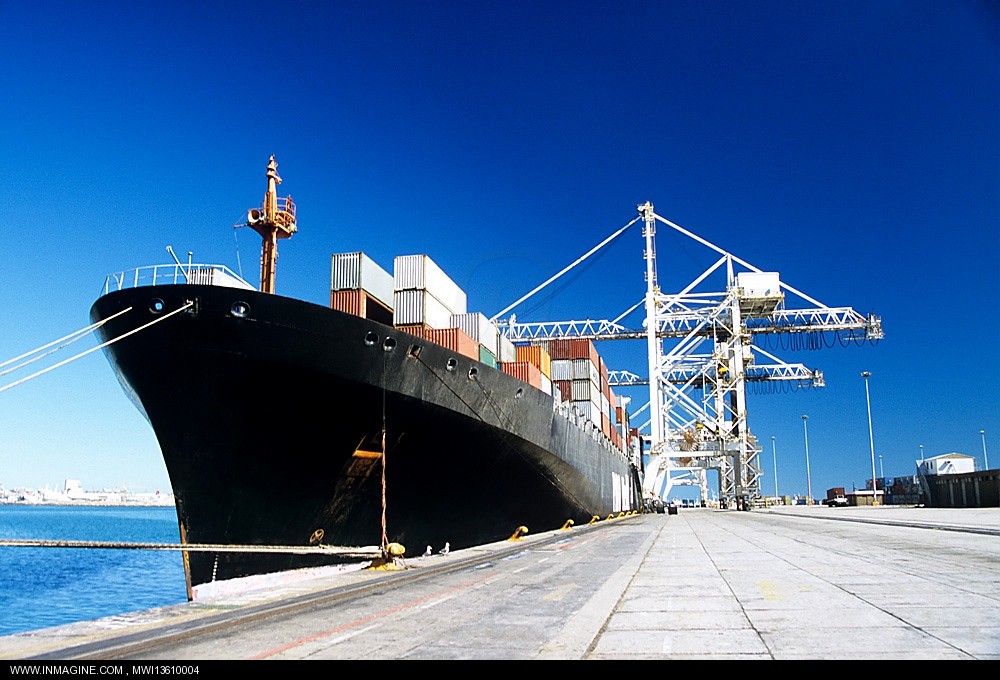Domestic Freight Insurance in a broad sense, covers road, rail, air and sea shipping and is primarily designed to protect the interests of the shipper of goods. The primary coverage is for damage to products while in transit or while in the custody of the carrier.
The subject of this article is how courts have interpreted Maritime Law as it relates to Domestic Freight Insurance and the impact that has on Insurance Companies and their clients.
There are a number of court cases that illustrate how Maritime Law has evolved and how it is impacting both shippers and carriers today. Here is an example of how the U.S. Supreme Court interpreted Maritime Law in the case of Norfolk Southern Railway Co. v. Kirby: Federal Maritime Jurisdiction Pushes Inland – “Consistent with its previous decisions, the Supreme Court held that limitation clauses can be contractually extended to downstream carriers such as Norfolk Southern. This ruling, however, has extended the maritime jurisdiction of the federal courts inland.”
GSIS Inc. provides Risk Management Consulting services to companies involved in both Domestic and International Logistics. As such, we strive to understand how three sets of Maritime Law impact Domestic Freight Insurance.
To begin, recognize that Maritime Law has been around a long time and the various laws and rules included have been the subject of legal interpretation and litigation for many years. As a result there is an ever growing compendium of case law regarding Maritime Law and we will not even be scratching the surface on the subject.
We will however refer you to other documents and articles that are useful in understanding how the various legal proceedings have impacted the Domestic Freight Insurance Industry. For example, here is a link to just one attempt to summarize how courts have interpreted the various rules, laws and acts over the years. This “Primer” alone is 56 pages long and it focuses only on the most recent developments (as of 2004) impacting Cargo Claims.
Here are the three primary Maritime Laws that govern International and Domestic Shipping:
- Hague-Visby Rules – International shipping was first governed by the International Convention Regarding Bills of Lading, AKA the “Hague-Visby Rules” date back to the 17th Century. The most recent amendments to the Hauge-Visby Rules which are the foundation of International Maritime Law occurred in 1979. The rules are designed to protect the interests of both shippers and carriers.
- Law of the Sea Treaty – The United Nations originally created these treaties in 1958 and 1960 in an attempt to protect national interests for natural resources, and then amended in future years, The United Nations created and amended the United Nations Convention on the Law of the Sea (UNCLOS), AKA Law of the Sea Convention and Law of the Sea Treaty. This is an international agreement signed by at least 60 countries and was enacted to define “the rights and responsibilities of nations in their use of the world’s oceans, establishing guidelines for businesses, the environment and the management of marine natural resources.” It is uncertain, however “as to what extent the Convention codifies customary international law.” One of the most fundamental issues resulting from UNCLOS was countries extending their national boundaries. “By 1967, only 25 nations still used the old three-mile (5 km) limit, while 66 nations had set a 12-nautical-mile (22 km) territorial limit and eight had set a 200-nautical-mile (370 km) limit. As of 28 May 2008, only two countries still use the three-mile (5 km) limit: Jordan and Palau.” The conference further stated “developments since the United Nations Conferences on the Law of the Sea held at Geneva in 1958 and 1960 have accentuated the need for a new and generally acceptable Convention on the law of the sea.”
- COGSA – Concerned that the Hague-Visby Rules did more to protect the carrier than the shipper, the United States created The Carriage of Goods by Sea Act (COGSA) which increased the Minimum Insurable Value of a “Package” (the product being shipped) from 100 English Pounds to 500 U.S. Dollars. Additional information about COGSA is available here. Again, this is a very long document that has been interpreted in many different ways over the years.
Ocean Marine Cargo Insurance Defined – Ocean Marine Cargo Insurance is specifically designed to protect the interests of property holders who are shipping internationally. Domestic Freight Insurance can be a subset of Ocean Freight Insurance and is therefore subject to the interpretations cited. Should you have additional questions, please feel free to contact us. We are GSIS Inc., Domestic and International Logistics Consultants.

 1-888-910-4747
1-888-910-4747
